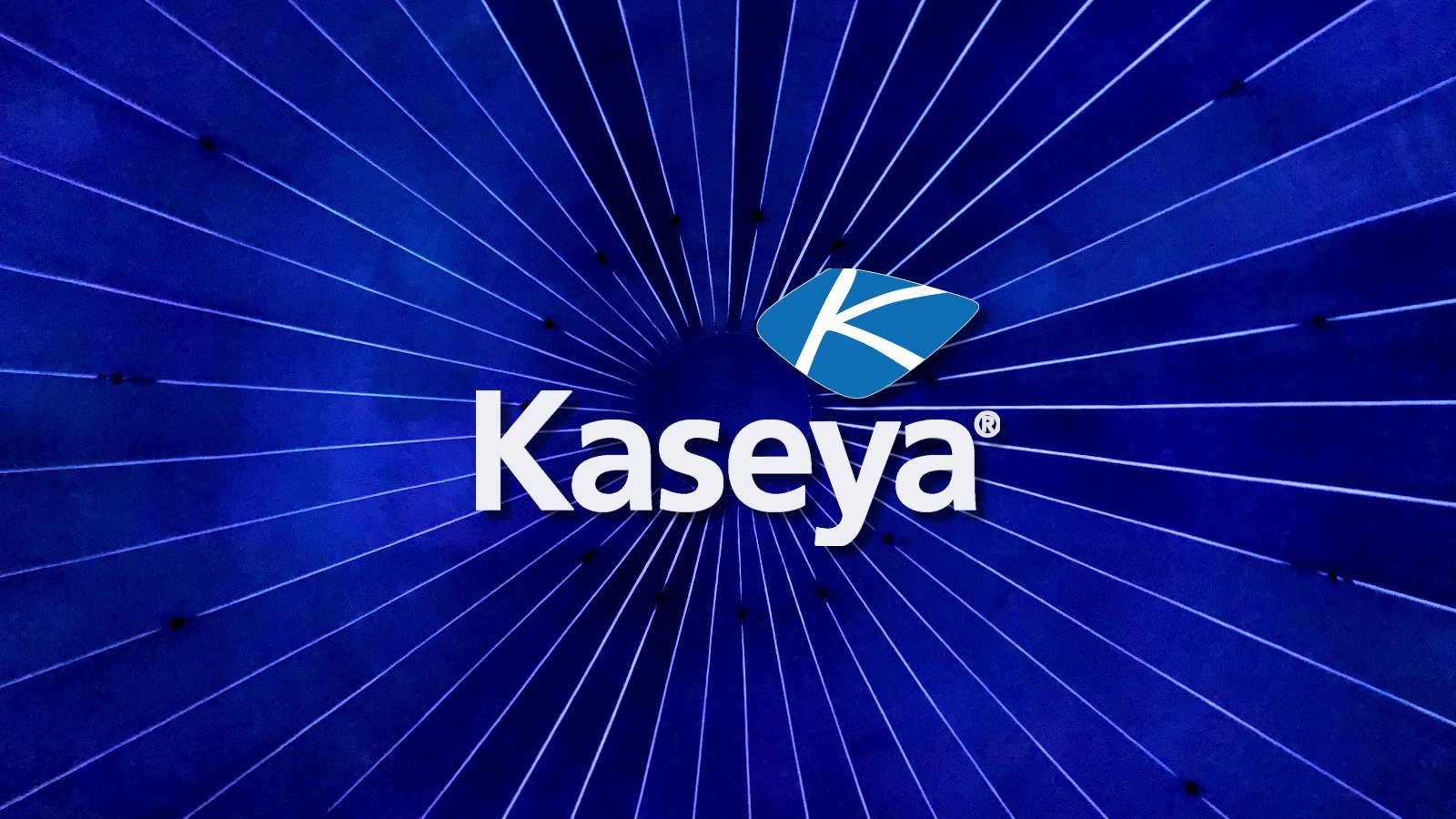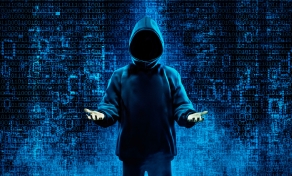
Kaseya received a universal decryptor that allows victims of the July 2nd REvil ransomware attack to recover their files for free.
On July 2nd, the REvil ransomware operation launched a massive attack by exploiting a zero-day vulnerability in the Kaseya VSA remote management application to encrypt approximately sixty managed service providers and an estimated 1,500 businesses.
After the attack, the threat actors demanded $70 million for a universal decryptor, $5 million for MSPs, and $40,000 for each extension encrypted on a victim's network.
/REvilKaseya70Mil.jpg)
Soon after, the REvil ransomware gang mysteriously disappeared, and the threat actors shut down their payment sites and infrastructure.
While most victims were not paying, the gang's disappearance prevented companies who may have needed to purchase a decryptor unable to do so.
Today, Kaseya has stated that they received a universal decryptor for the ransomware attack from a "trusted third party" and are now distributing it to affected customers.
"We can confirm we obtained a decryptor from a trusted third party but can’t share anymore about the source," Kaseya's SVP Corporate Marketing Dana Liedholm told BleepingComputer.
"We had the tool validated by an additional third party and have begun releasing it to our customers affected."
While Kaseya would not share information about the key's source, they confirmed with BleepingComputer that it is the universal decryption key for the entire attack, allowing all MSPs and their customers to decrypt files for free.
When asked whether they paid a ransom to receive a decryptor, Kaseya told BleepingComputer that they "can’t confirm or deny that."
Emsisoft CTO Fabian Wosar told BleepingComputer that they were the third party who validated the key and will continue to aid Kaseya in their recovery efforts.
"We are working with Kaseya to support their customer engagement efforts. We have confirmed the key is effective at unlocking victims and will continue to provide support to Kaseya and its customers," Wosar told BleepingComputer.
It is unclear what caused the REvil ransomware operation to shut down and go into hiding, and multiple international law enforcement agencies have told BleepingComputer that they were not involved in their disappearance.
After the attack on JBS and Kaseya, the White House's has pressured the Russian government to do something about the ransomware gangs believed to be operating within Russia.
It is believed that the Russian government told the REvil ransomware gang to shut down and disappear to show that they were working with the USA.
As the decryptor was obtained after the REvil gang's disappearance, it is possible that Russia received it directly from the ransomware gang and shared it with US law enforcement as a gesture of goodwill.
When we asked the FBI if they were involved in the procurement of the decryption key, we were told that they do not comment on ongoing investigations.
"The DOJ and FBI have an ongoing criminal investigation into the criminal enterprise behind the REvil/Sodinokibi ransomware variant and the actors responsible for the Kaseya ransomware attack specifically," the FBI told BleepingComputer.
"Per DOJ policy, we cannot comment further on this ongoing investigation."
REvil's disappearance is likely not the end of the gang's online activities.
In the past the GandCrab ransomware operation shut down and rebranded as REvil, and it is expected that REvil will resurface again as a new ransomware operation.
Update 7/22/21 9:42 PM EST: Added Emsisoft and FBI statements.


Comments
cknoettg - 2 years ago
I didn’t think about it until I read the end of the article, but in years’ past, a group could be motivated at least in part by some kind of ideology. I could be over-analyzing it, but this almost sounds like a Temporary Autonomous Zone, but for bad instead of good. And with new twists. If there is no real loyalty, and no one overarching ideology, and no one motive; how do you track them? How do you reach them? And how do you disintegrate them? The “New Organization” in the loose sense of the term has grown very complex. It will take sharp minds and complex technology. The cat-and-mouse game.